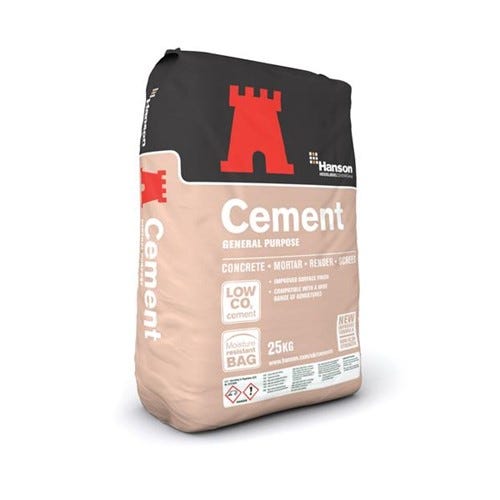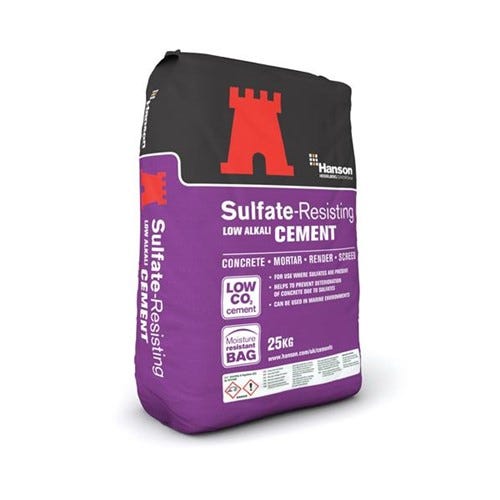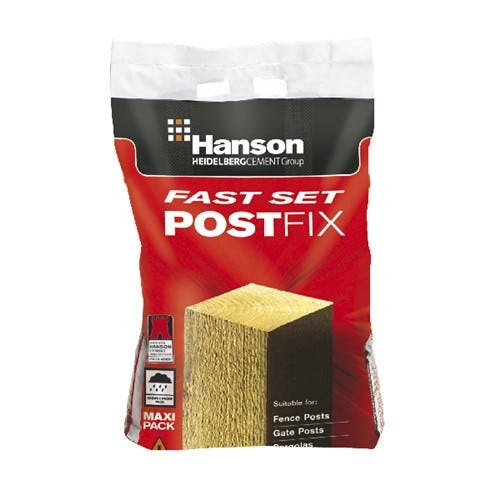Concrete, cement and mortar are usually terms which are used synonymously, but did you know that these substances are in fact three different materials and have unique properties that are ideal for certain kinds of building and fencing tasks.
For some DIYers, it can get confusing to understand these terms and which to use for a certain job. In this blog, we explore what the differences are between the three terms and explore their uses.
What is cement, mortar and concrete?
Cement
In short, cement is a fine binding powder which holds together other materials. It is a binding element which you can find in both concrete and mortar. It can be used to make concrete, mortar, screeds and render. Cement is generally made from limestone, clay and sand. Its important to realise that you cannot use cement alone and it will need to be mixed with other materials to make a concrete or mortar mix.
At Lawsons, we stock a wide range of ready-made cements which can be used to make various concrete and mortar mixes. This depends on the type of project you’re working on and strength required. You may also need to add extra materials to improve the working properties of the concrete and mortar you’re making. These materials can include lime, plasticiser and other chemicals.
Mortar
When referring to the term mortar, it is a mixture of cement and fine sand (add water to activate the cement). Mortar is commonly used to stick bricks and blocks together in a wall. You will find pre-mixed mortar mixes ready to purchase and you just need to add water.
There are many types of mortar for different applications, but for bricks and other masonry components, it is important to use the correct type of mortar for the masonry, as some mortars can be too hard for some types of masonry and can crack if used incorrectly.
Concrete
Concrete is a strong building material, which is composed of cement, sand, gravel and similar aggregates. It is generally used for buildings, foundations, patio, slabs, securing fence posts and masonry.
At Lawsons, we sell a range a wide range of concrete options, but since fencing is at the heart of business, we will focus on our Post Fix concrete mix which is ideal for setting timber or concrete fence posts, gate posts and line posts.
Our post fix is simple to use and requires no pre-mixing before use. To use, follow the below steps and have your fence post fixed in no time:
- Position post in hole
- Add two litres of water
- Empty complete bag into hole
- Check and adjust post as necessary
- Tamp to remove any air bubbles
- If necessary, sprinkle more water to mix any remaining powder
We hope this blog has helped explain the differences between the terms cement, concentrate and mortar and its uses. For further information, feel free to contact our helpful team who will be happy to help.





